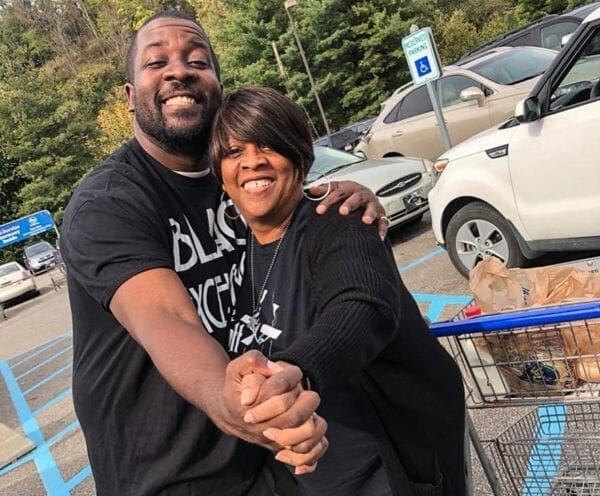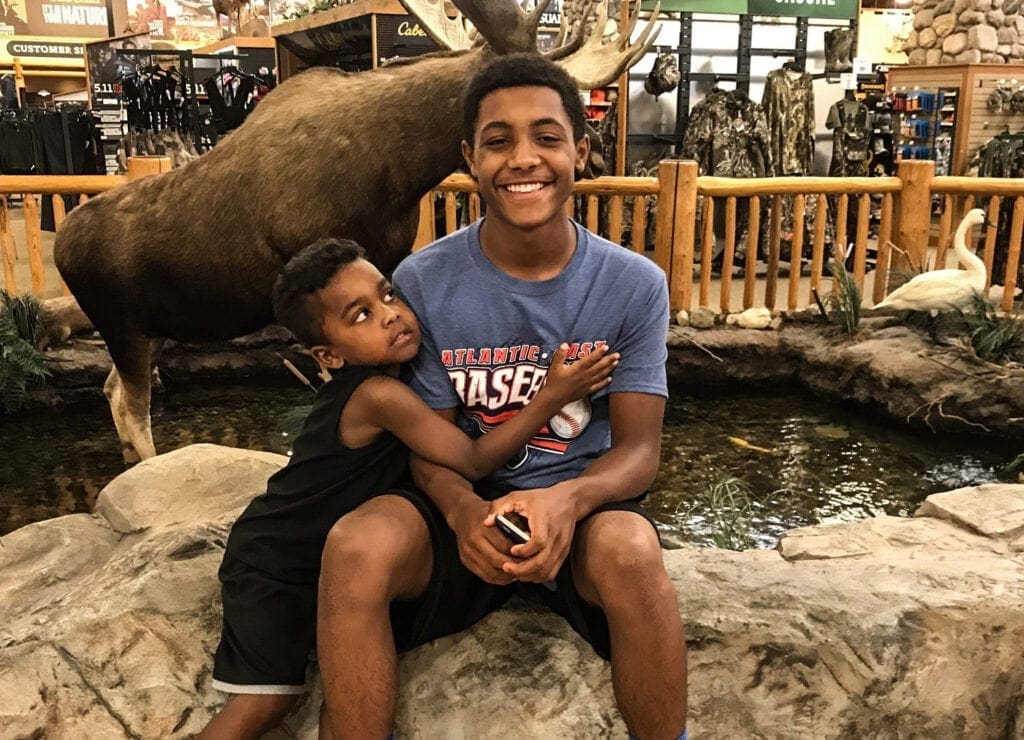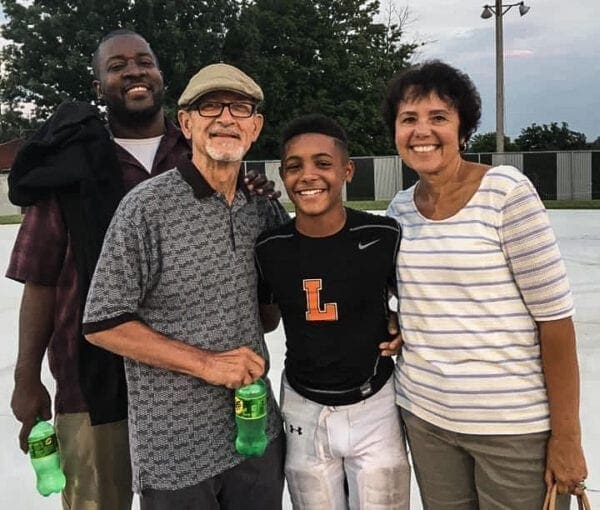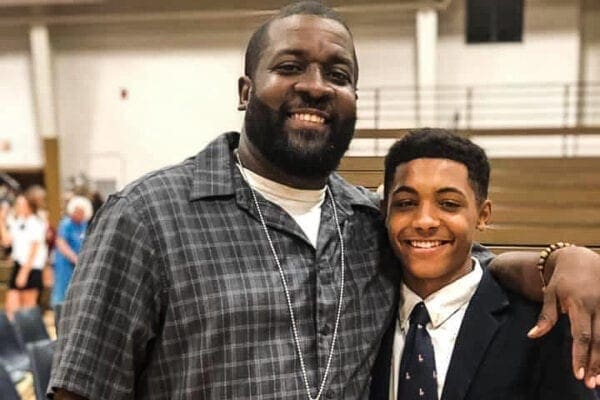It’s delayed these days, but still it inevitably takes place no matter how many social media members insist they, “don’t see color.”
When Ron Scott Jr. hears that or reads that, one of his first thoughts is that it would stink not to be able to see rainbows.
“I completely understand why people say that they don’t see color, and it’s appreciated that way,” Scott explained. “But we all see color, really, and we all notice people of different nationalities and races. It’s human nature to do that, and we all do, but the way we think about some of those groups of people is something we need to think about.”
So, what, just make it about “good people” and “bad people”?
“That system would definitely work the best.”

Judgment Day
Some fear so much having skin in the game that they parent accordingly, and Scott, the cultural diversity director for the Wheeling YWCA, explained the mindset has been in place his entire lifetime.
But he’s also observed what members of the black community view as positive change.
“Now, my son, Luca, is in high school, and not until now has he been faced with the ugly stuff. That either means people have just learned how to hide it more, or that they don’t feel that way anymore,” Scott explained. “But still, he found out that friends couldn’t be friends anymore because of skin color. It was the first time he was hit by it, but it was much later for him than it was for me.
“It was nice to have that talk with him, though, and a lot of people don’t get why I say it was nice to have that talk,” he said. “But I just want him to be prepared for the world that he’s going to go into after high school. The idea of having that conversation sooner than later was appealing to be me, but I do like that it took all the way up until high school for us to have to sit down and have that talk.”

Salt and Pepper
Scott grew up in East Wheeling during a time when drug trafficking became a way of life for far too many neighbors, and that included several members of his own family as well as the fathers of his friends.
But his mother, a full-time nurse in Wheeling, managed to keep her son out of the fray. But Scott still recalls how it felt to be a black student at Wheeling Park High School.
“It was uncomfortable at times,” he explained. “And that’s why it’s important for my son to finally learn that there are people in this country that are not going to like you just because of the color of his skin, and that situation with a friend made him realize that it was a real thing. When I was growing up, I always heard that ‘salt and pepper don’t mix,’ and I guess that mentality is still around today. It’s experienced a lot less these days, but now, my son knows he has to look at things a little differently.
“And that’s why I was happy to have that conversation with my son because, otherwise, that can turn someone jaded with anger that would not be productive for him,” Scott said. “He has to understand that there are folks who don’t know about him because they haven’t taken the time to get to know him. So, his skin will be all that matters.”

Realized Progress?
Since George Floyd died on May 25 at the hands and knees of Minneapolis police, protests have been held throughout the United States, and one thing that has surprised Scott is how many white Americans have participated and even organized the events locally.
So, yes, there has been progress, and now the Wheeling YWCA’s #ChangeForA20 funding campaign is attempting to provide even more in the Upper Ohio Valley.
“We have moved the conversation forward for sure, but it’s strange right now because it seems huge,” he said. “At the same time, it feels incremental in so many ways. It’s like it’s different today for my 15-year-old son than it was for me when I was growing, but that change is only about when the first time we’ve been met with the racial wall that unfortunately still exists.
“I can remember racial issues impacting me during elementary school, and I would have to come home and talk about it with my mom and dad,” Scott added. “They would have their opinions, and my dad has always been a little bit of a radical about it, but my mom was always the calm one who explained it to me. That’s what life was then, and now I’ve had that talk with my son.”


